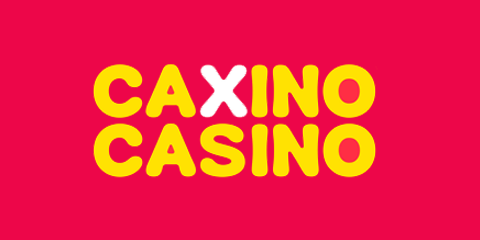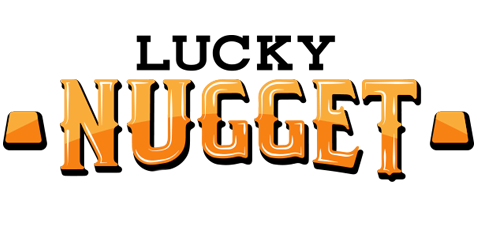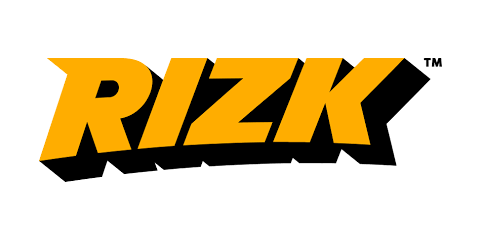Ilya Machavariani: "Africa will be an attractive and profitable market in two years"
There are politicians who ask themselves “why are they going to send five million people to hell?”. Analysis of other characteristics of the African market and its regulation.
Recently, Africa has attracted a lot of attention from betting and gambling companies. I recently moderated a debate at the SBC summit dedicated to gambling on the African continent. The number of participants was much higher than at similar events in the CIS. Usually 30-40 people watch online broadcasts of such conferences, and I know almost all of them, but this time it was 80!
In my opinion, there are several reasons for this interest. I will try to explain them in more detail below.
The first and most obvious one is that the market volumes in Africa can be gigantic due to the large number of inhabitants and a significantly different situation in terms of regulation. The dollar markets have already reached a stage of maturity, if something changes in the legislation, this concerns only certain aspects of regulation. Conceptual and large-scale changes in legislation occur extremely rarely, while there is an active movement in the CIS and African markets.
The second reason that makes the possibility of running a gambling business in Africa attractive is that the existing regulations allow working without difficulties in terms of daily operations and compliance with current requirements. The process of obtaining a license can hardly be described as easy due to the obvious local features, but it can be operated quite easily once you get it. Again, there are no product requirements in African countries, which also makes the work much easier, compared to more developed jurisdictions.
For example, recently a tender was officially announced in Gauteng, which is one of the provinces of South Africa. The participants of the tender should conduct a legislative review and train local gambling regulators on how to implement a new law. It is necessary to note that according to the terms of the competition, foreign companies are not allowed to participate in it. We have repeatedly contacted representatives of the commission with a proposal for our participation, but they really do not understand how it can be implemented, given that we do not have a presence in South Africa (yet).
Features of legislation
For obvious reasons, as a participant of the CIS, I got used to the situation after the first laws were passed in the 90s. When I started studying more about Africa, I learned that there are quite a few acts with roots from the 50s to the 60s, including those dedicated to gambling. This leaves an imprint on its content: the legislation was created for land-based business and did not imply the regulation of online gambling. For example, in Kenya, the main law regulating gambling is still the same law passed in 1966.
At the same time, it is difficult to update an outdated legislation. In 2008, South Africa developed and adopted a bill that was supposed to introduce a complete regulation on online gambling. Despite the fact that this bill has gone through all stages of the legislative process, after 12 years it has not yet entered into force. The President of South Africa did not follow the procedure for the formal approval of this bill.
Despite outdated legislation, there are legal online operators in many African countries that are recognized by regulators. They work on the basis of a legal interpretation, best expressed by the fact that in the relevant legislation there is a definition of "gambling establishment" as "a place where gambling is played". This description can be broadly interpreted as also including online gambling.
In addition to all the difficulties associated with imperfect legislation, attention is also drawn to the activity of local regulators, which creates additional risks for companies interested in expanding their product to Africa.
Let's take Uganda as an example. There is no "online regulation" mentioned in the country's gambling legislation, but the local regulator's website has an editable document called "Requirements for obtaining online licenses". This means that the regulator is aware of the existence of online gamingand sets the necessary rules. At the same time, from the point of view of its legal force, this document is not at all clear, since it does not even have a name (it is neither an "order" nor a "decree"). Local lawyers also confirmed that this document does not create any legal consequences.
Therefore, it turns out that any company interested in entering the Ugandan market will be faced with this decision: either proceed knowing that these requirements are optional and not comply with them, which leads to immediate tensions with the regulator, or, submit relevant documents and information to the documents required by law.
Finally, the example of Kenya can be used to illustrate the general attitude towards gambling in Africa. Recently, I found an excerpt from a meeting of the parliament of this country. It was about the amendment of the legislation on online gambling: the deputies expressed arguments for and against the legalization of online activities. One of the deputies analyzed in detail the key aspects of such a process: increase in state tax revenues, introduction of mechanisms aimed at protecting gamblers ("responsible gambling"), among others. The speech caused a wave of approval in the conference room, but the next deputy slightly lowered the degree of optimism. He began his speech with the thesis that ”greater Russia banned the gambling business in 1999" and continued with two stories. The essence of their stories was based on the fact that local players committed suicide because of the money they lost. After him, a deputy representing Kenya's Muslim regions spoke up and asked everyone if they wanted to "send five million people to hell" by legalizing online gambling.
However, there are positive aspects: African regulators understand that there is a problem, and that is good. The tender in Gauteng has already been mentioned above, and in addition, some regulators are publishing official messages on their website announcing that the process of analyzing the current legislation for compliance with the latest practices is starting. They ask everyone to send suggestions and comments to a specialized mailbox. Unfortunately, it is difficult to imagine the same approach of a regulator, for example, in Russia or in the CIS.
Price problem
Despite the difficulties and nuances in the legislation and the process of regulating the gambling business in Africa, one significantly positive point can be highlighted - the extremely low cost of licenses and related services.
Analyzing the requirements for license applicants in Nigeria, I found it difficult to believe that neither the law nor its prices have changed since 2010. A colossal number of events have occurred during this time period: a change in GDP, fluctuations in the economic situation, changes in the political landscape, etc., but the license price remained the same. We even consulted with local lawyers and the regulator, and they confirmed to us that the price has not changed.
Let's take an example of a license for sports betting in Kenya outside a sports facility (there are three types of bookmaker licenses in Kenya: in a sports facility, outside of it and a combined license that allows you to operate in both). The application fee is NZD 100. The cost of the license itself is NZD 2,000. The so-called Investigation fee (the cost charged by the regulator for confirming that the director of the company meets all the requirements): for a local director it is NZD 400, for a foreign director it is NZD 4000. And the annual license fee is NZD 400. There is also a security deposit, which does not exceed NZD 300.
In addition, taxes account for 15% of the operator's monthly GGR in all segments, and player winnings are taxed at a rate of 20%. This is a fairly indicative example, although in other countries it can be a little more expensive: in Uganda, the same application fee for opening a betting business is NZD 5,000.
To expand in Africa or not?
In conclusion, I agree with the view expressed at the summit: the biggest mistake that can be made when deciding to enter Africa is to treat it as a single region. From my experience, CIS is closer to a single region, as marketing and product in CIS jurisdictions can be similar. It's all because people share the same history of the USSR.
It is clear that there are operators such as Parimatch, 1xBet and others that enter more than one country at once, but again these are companies of a global scope. If we are talking about smaller bookmakers, then, in my opinion, they should be very careful when analyzing and choosing the entry point to Africa, since each country has its own peculiarities and requires a particular approach.
I would not recommend making the leap to Africa at this time, as these markets need active monitoring. Subject to the amendment and revision of legislation, as well as the further development of technologies. It seems to me that in the next 2-3 years Africa will be one of the key regions for any major gambling operator.











